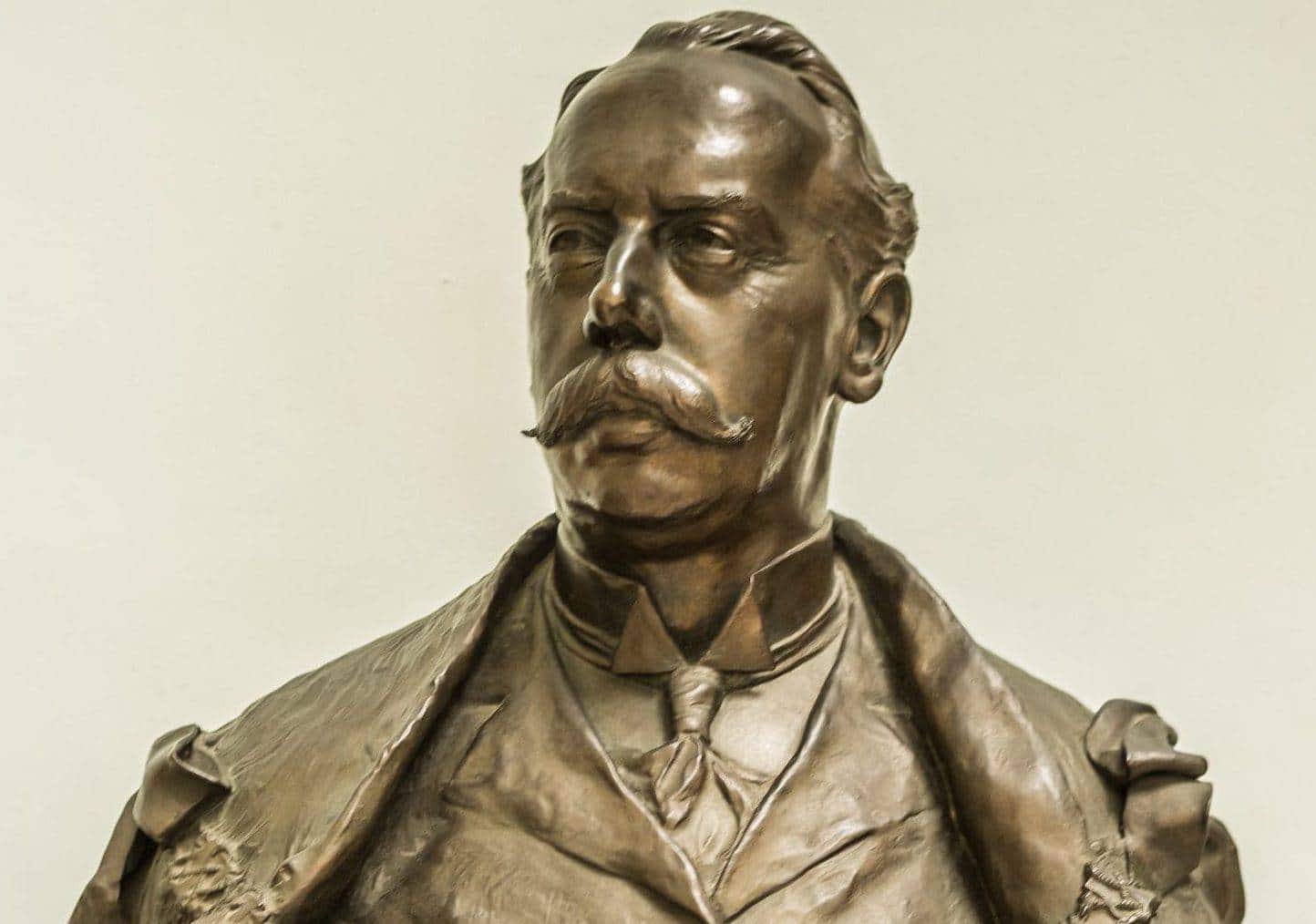Residents of Tunbridge Wells are being encouraged to learn more about a piece of the town’s ‘forgotten history’.
Camden Road Education Arts and Theatre Enterprise [CREATE] has joined up with academics from the University of Kent and University College London to launch a project called Discovering the Belgian Community in Tunbridge Wells 1914-1918.
Since January, the team has been gathering information on the 300-strong ‘Belgian Colony’ that sought refuge in Tunbridge Wells during the First World War.
As the crisis unfolded in Europe in late August 1914, Tunbridge Wells was quick to respond, establishing a Refugees Committee to liaise with the national organisation.
“Not of the peasant type, but of the middle class”
The Mayor of Tunbridge Wells Charles Whitbourn Emson chaired the Committee. In October 1914, he wrote to the Secretary of the Belgian War Relief Committee in Folkestone.
It read: “I am pleased to inform you that arrangements have been made in this Borough to accommodate 30 Belgian refugees, not of the peasant type, but of the middle class and tradespeople.”
The Mayor also opened a local fund for the new arrivals, some of who arrived with nothing but the clothes on their backs. Gifts of money, furniture and even homes poured in.
All sections of the town contributed to the Belgians feeling welcome; schools were found for the children, English lessons were given, local doctors gave their service free of charge and the Kosmos cinema and Opera House provided free entry to shows.
A Belgian shop opened on the High Street, a dedicated social club, named ‘Club Albert’, was formed and met in the Constitutional Club on Calverley Road. By the Spring of 1918 a Belgian School had opened.
As the war continued, some refuges went to the Front to fight, while others moved to different districts to take up employment but many stayed until the end of the conflict. When Armistice was declared in November 1918, members of the Belgian colony joined the celebratory parade in the town, bearing a banner that read: ‘Long Live England. We thank you all’.
By May 1919, all the Belgians had returned home and Mayor Emson was decorated by the King and Queen of Belgium in recognition of the help given to their citizens in their time of need.
Alison Mackenzie from the project said: “It’s a heart-warming story of what one community can do for another which is not without its resonances today.
“During these years of remembrance as the Centenary of the First World War is commemorated we hear quite rightly about the war itself and the terrible sacrifices made by both sides, but it is also important to honour the work on the Home Front.”
Tunbridge Wells Belgian Week: July 15-23
A series of events have been planned during this period, starting with a concert on Saturday July 15 at St Paul’s Church, Rusthall.
The main item on the programme will be local composer James Whitbourn, who is a distant relative of the former Mayor Whitbourn.
A piece written by Frederic Bonzon, a Belgian who was in Tunbridge Wells during the Great War, will also be performed.
The team are inviting singers to take part in the concert. If you would like to join the choir, please contact Alison MacKenzie either by email belgiansrtw@camdenroad.org or phone 07754 306763.








